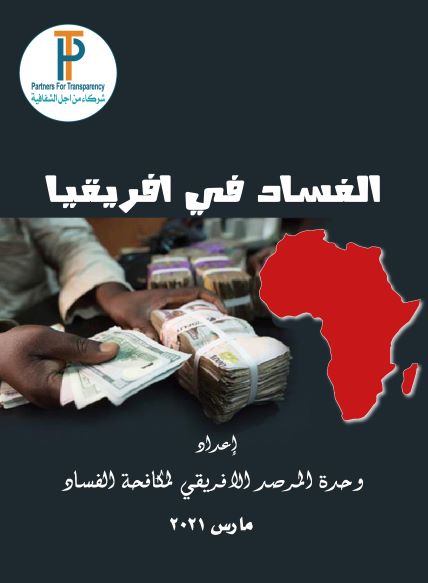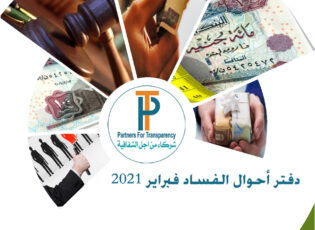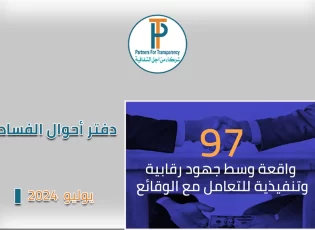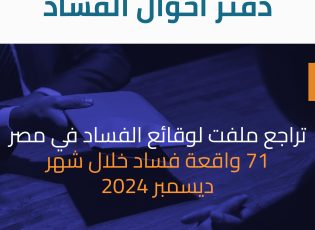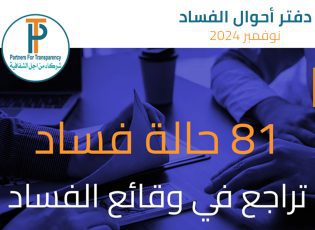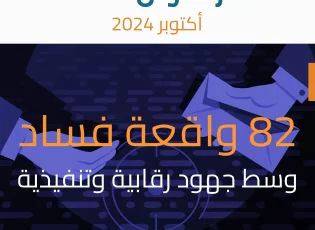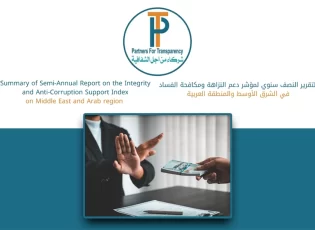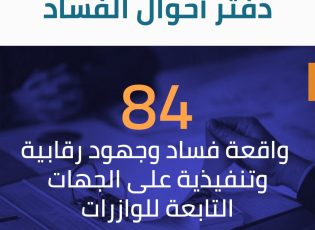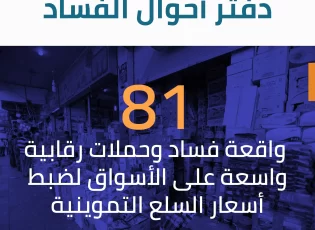The judiciary and civil society ... the stick and the carrot of African countries in the fight against corruption.
During the monthly report issued by Partners for Transparency, through the Observatory of Corruption in Africa, for the month of March, the role that judicial institutions and civil society organizations can play in African countries in carrying out a policy of intimidation and enticement in order to confront the illegal practices that It is still spread across a number of state sectors.
Partners Foundation reached through its report for the month of March, to a set of results, among them, that the police sector is still among the most corrupt sectors through the practices that its members carry out towards citizens, especially the opponents, and during this month financial corruption has emerged to be on the same level. He headed images of corruption in a number of African countries, including Uganda, Zimbabwe, Kenya, Congo and Tanzania.
Positive examples also emerged during this month, including Liberia's attempts to activate the role of civil society organizations in raising public awareness of the dangers of corruption, so a group of civil society organizations launched the Citizen Voices Forum to Combat Corruption, and at the same time the judiciary appeared its important role in trying the elites before Illegal practices while in power.
Hence, Partners Foundation recommends, in the context of its keenness to promote the values of integrity, transparency, and good governance, with a number of recommendations, including:
First: The need to adopt legislation and measures that would activate the role of civil society organizations in monitoring and combating illegal practices.
Second: Activating the constitutional texts, as well as the texts of international treaties concerned with strengthening the role of the judicial authorities in combating corruption, by ensuring the greatest possible independence of this authority.
Third: Reconsidering wage policies in the public and private sectors, in order to determine the extent to which this is related to the spread of illicit financial practices.
Short link: https://pfort.org/en/?p=4603

